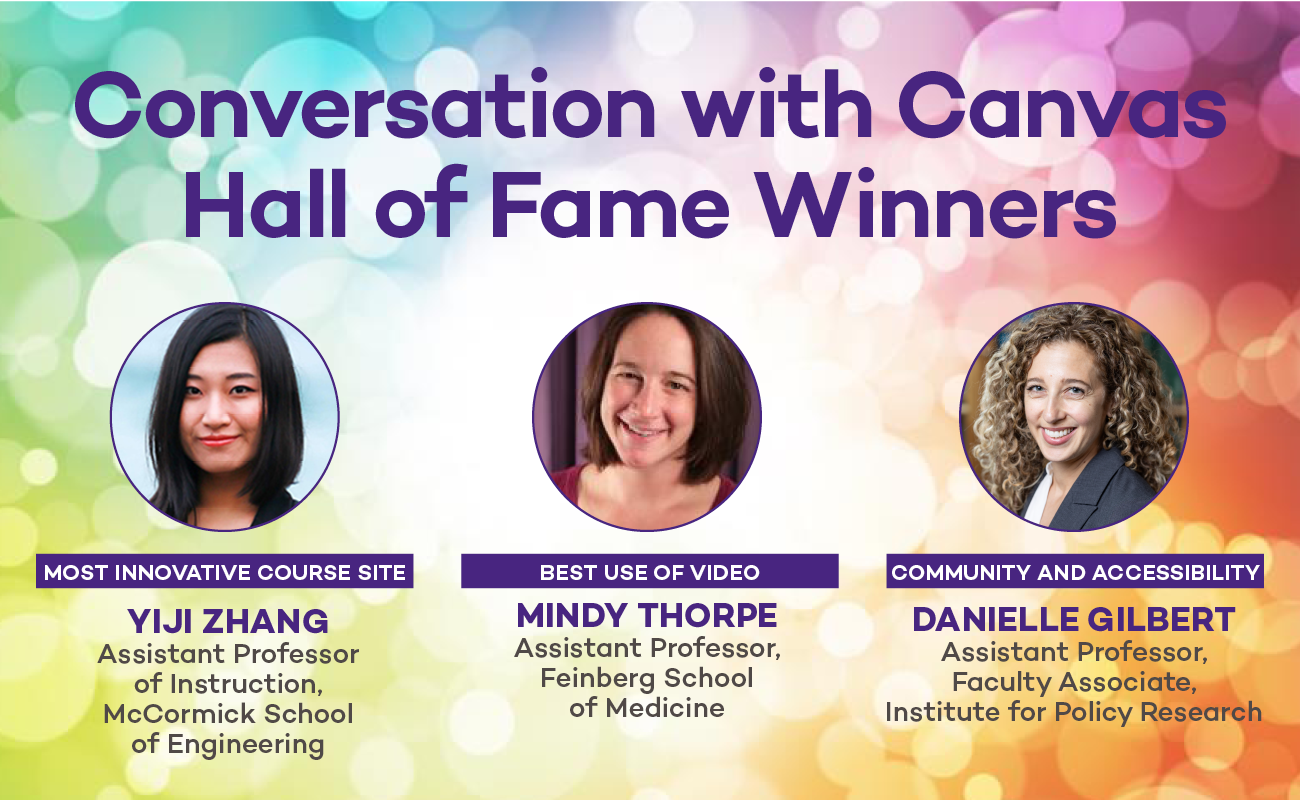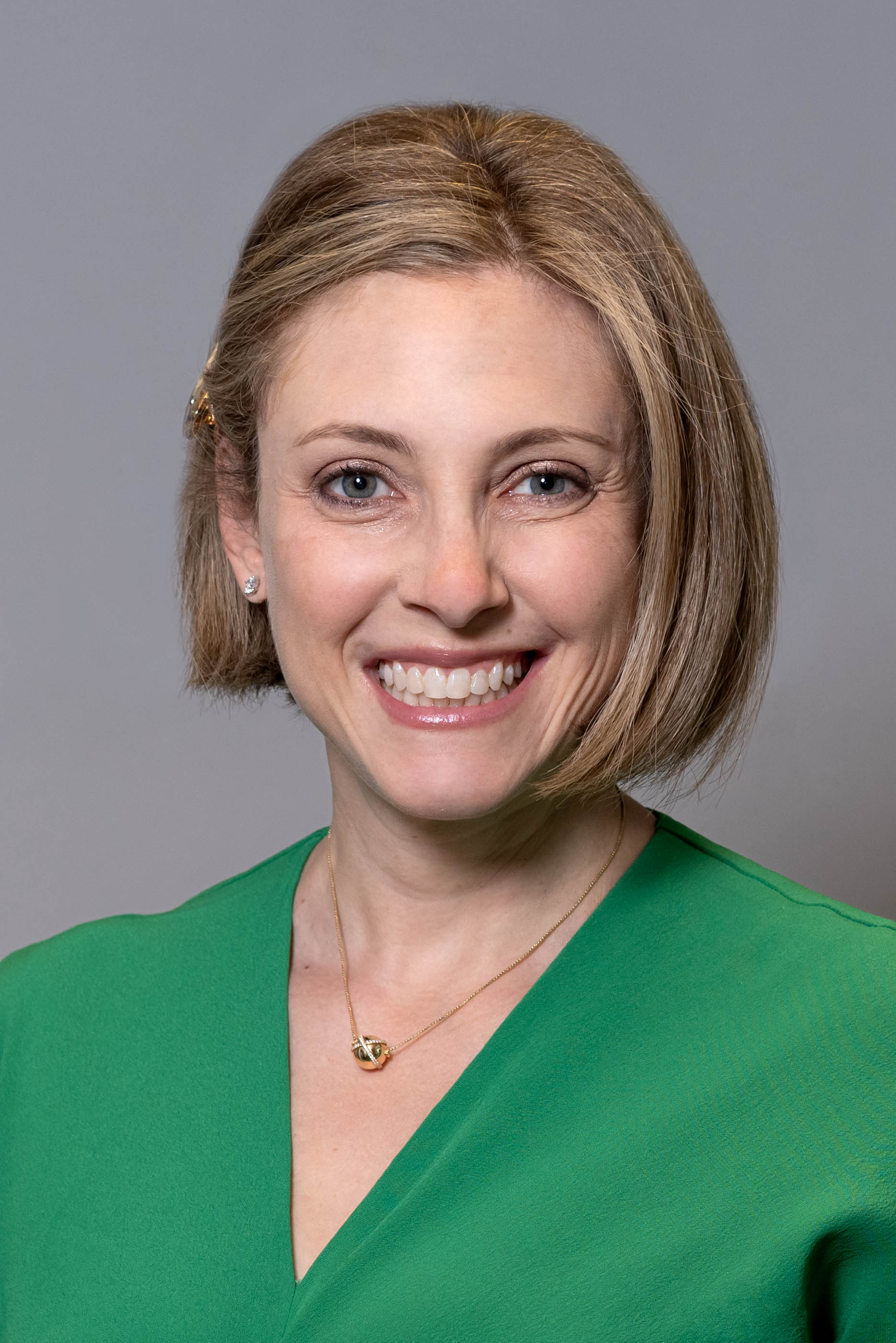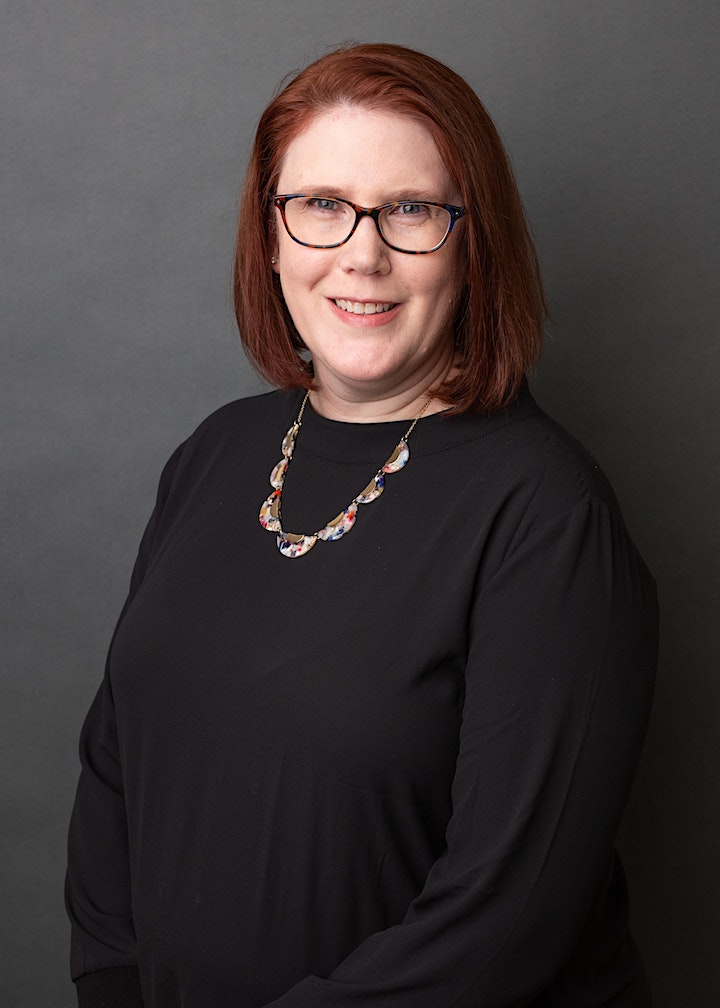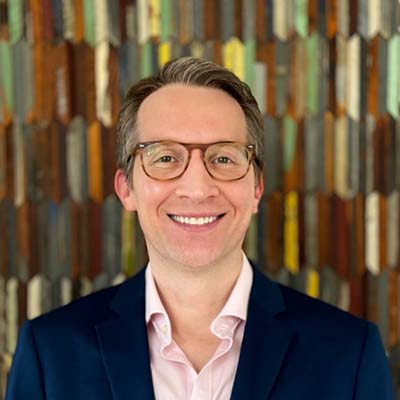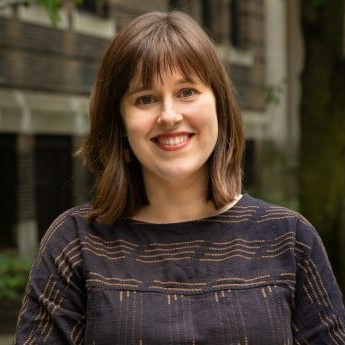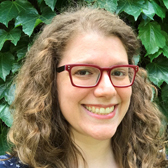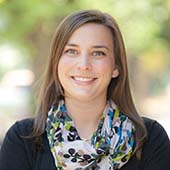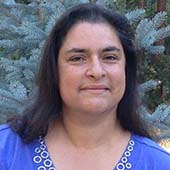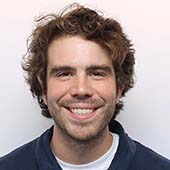TEACHxperts Archive
Fall 2025
Alternative Assessment in Practice: Seven Voices of Experience
October 9, 2025Join us for a session featuring seven WCAS and McCormick faculty who have implemented alternative assessment methods across a wide range of courses—from lab-based STEM classes and writing seminars to computer programming and hands-on design. Presenters will share their approaches, the principles guiding their work, and the outcomes they have achieved through practices such as specifications grading, feedback-driven assessment, engagement-based grading, and reflection and self-assessment.
The session will also introduce a new mentoring initiative, launching in Winter Quarter 2026, designed to support a faculty community of practice in advancing innovative assessment and pedagogy. Participants will leave with a digital packet of resources to help them explore and adapt alternative assessment strategies in their own courses.
Presenters
- Veronica Berns (WCAS Chemistry)
- Ordel Brown (McCormick Office of Undergraduate Engineering)
- Lisa Del Torto (WCAS Writing)
- Meaghan Fritz (WCAS Writing)
- Katie Gesmundo (WCAS Chemistry)
- Chris Riesbeck (McCormick Computer Science)
- Kiki Zissimopoulos (McCormick Office of Undergraduate Engineering)
Conversation with Canvas Hall of Fame Winners
Join the 2025 Canvas Hall of Fame winners to discuss their insights for building effective Canvas courses. From big picture course goals to the details of building content in Canvas, this conversation will center practical and student-focused strategies for building award-worthy courses.
Presenters:
- Yiji Zhang, Assistant Professor of Instruction, Computer Science, McCormick School of Engineering
- Mindy Thorpe, Assistant Professor, Physical Medicine and Rehabilitation, Feinberg School of Medicine
- Danielle Gilbert, Assistant Professor, Weinberg College of Arts & Sciences, Faculty Associate, Institute for Policy Research
Spring 2025
AI in Teaching: Success Stories from Northwestern Faculty
AI is rapidly reshaping higher education, offering new opportunities for teaching and learning. But what does AI integration look like in practice?
Join this session to hear firsthand success stories from Northwestern instructors on leveraging AI for learning. Gain practical insights, explore challenges, and walk away with strategies to integrate AI into your own courses.
This session will be held remotely via Zoom.
Presenters:
- Leigh Cohen, Assistant Clinical Professor, School of Communication
- Franziska Lys, Professor of German and Director, MENA languages program, Weinberg College of Arts and Sciences
- Mindy Thorpe, Assistant Professor, Physical Medicine and Rehabilitation, Feinberg School of Medicine
Winter 2025
Jacqueline Babb
Senior Lecturer and Director of IMC Full-Time Program, Medill School of Journalism
Integrating Metacognition into Your Teaching Practice
Tuesday, January 28
Spring 2024
Dr. Rebecca Pope-Ruark
Director of the Office of Faculty Professional Development, Georgia Institute of Technology
Burnout Resilience through Connection
Wednesday, April 3
Winter 2024
Daniel Stanford
Faculty Development and Instructional Technology Consultant
Questioning AI Assumptions in Teaching and Learning
March 5, 2024
Past Canvas Hall of Fame Winners
Canvas Hall of Fame Winners Showcase
February 9, 2024
Featuring:
- Annie Wilkinson, SPAN Postdoctoral Fellow, 2022-24
2023 Excellence in DEI/Accessibility Winner
- Aude Raymond & Patricia Scarampi, Professors of Instruction in French
2023 Most Innovative Course Site Winners
- Emily Kadens, Edna B. and Ednyfed H. Williams Memorial Professor of Law Vice Dean
2023 Best Use of Lecture Videos/Recordings Winners
- Ilya Mikhelson, Associate Professor of Instruction
2022 Best Use of Lecture Videos/Recordings Winner
- Katie Gesmundo, Assistant Professor of Instruction, Co-Director of General Chemistry Laboratory
2022 Most Innovative Course Site Winners
Fall 2023
Dawn Diperi
Education Specialist - Learning Passport Digital Content Lead at UNICEF Learning Passport
Make Learning Stick with Visually Appealing Course Materials
November 16, 2023Spring 2023
Ruthann C. Thomas
Associate Director of Teaching and Learning at MIT's Teaching & Learning Lab
Learning Strategies to Support Equitable Student Engagement
April 5, 2023Winter 2023
Veronica Berns
Assistant Professor of Instruction in the Chemistry Department
Adapting Ungrading Principles to STEM Lab Courses
February 2, 2023
The work at the heart of this discussion was funded by a Weinberg College Summer Teaching Grant, co-authored with Assistant Professor of Instruction Katie Gesmundo, titled “Reconsidering methods of grading for lab reports in General Chemistry.”Fall 2022
Megan Kohler
Learning Designer with the John A. Dutton e-Education Institute at Penn State
Strategies for Creating Neuroinclusive Learning Environments
October 26, 2022Winter 2022
Jessica Rowland Williams
Director, Every Learner Everywhere
The Intersection of Digital Learning and Equity: Key Considerations
February 2, 2022Winter 2021
NU Faculty Panel
Handwriting Online
March 2, 2021NU Faculty Panel
Faculty Connections
February 3, 20212020
Kate Sonka
Accessibility in the Time of Remote Teaching
Accessibility in the Time of Remote Teaching
April 3, 2020
Michael Mills
Vice President of the Office of E-Learning, Innovation and Teaching Excellence at Montgomery College
OER, Equity, and Social Justice in the Time of Remote Teaching
May 7, 2020
Suzanne Wakim
Distance Education Coordinator
How Open Educational Practices Support Universal Design
March 5, 2020
Jon Emery
Associate Professor of Instruction, Northwestern University
Multilevel Co-Authoring of OERs: Collaborating with Students for the Creation of Course Materials
January 30, 2020
2017-2019
John Rome
Deputy CIO, Arizona State University
Voice Technology Innovation: Alexa Goes to College
Judy Franks & Jim Stachowiak
Better Learning Experiences for All with UDLBonnie Stewart
Experiential Approaches to Digital Teaching and Learning
Ashley M. Purpura
Making the Move from Lecturing to Active Learning
Ariel Rogers & Rebecca Poulson
VR/AR Experiences in Education: Immersive Computing on CampusLaura Trouille
co-PI for Zooniverse and Senior Director of Citizen Science at the Adler Planetarium
Citizen Science: Engaging Your Students and the Public in Your Research
Lisa Cravens-Brown
Associate Vice Chair for Instruction, Department of Psychology, The Ohio State University
Making Community in the Classroom
Sande Chen
Co-author of Serious Games: Games That Educate, Train, and Inform
Games and Gamification in the Classroom
Mei-Ling Hopgood
Associate Professor in the Medill School of Journalism, Media, Integrated Marketing Communications
Developing Empathy Through Multimedia Storytelling
Bennett Goldberg
Learning Sticks When Students Work Together: Fundamentals of Active and Collaborative LearningMark McDaniel
Make It Stick: A Took-Kit for Teachers to Improve Student Learning and RetentionWilliam C. McGaghie, David Salzman, Jeffrey H. Barsuk
Feinberg School of Medicine, Northwestern
Developing a Mastery Learning Curriculum
Derek Bruff
Director, Center for Teaching, Vanderbilt University
Students as Producers: Active Learning Instruction for Innovative Assignments
Tim McKay
Arthur F. Thurnau Professor of Physics, Astronomy, and Education in the College of Literature, Science, and the Arts, University of Michigan
Why Learning Analytics? How exploration of data has driven reform in foundational classes
Sam Van Horne
Assessment Director, University of Iowa
Elements of Success: A Learning Analytics Intervention in Introductory Chemistry
Ray Schroeder
Director of the Center for Online Leadership at the University Professional and Continuing Education Association (UPCEA)
Active Learning Strategies
